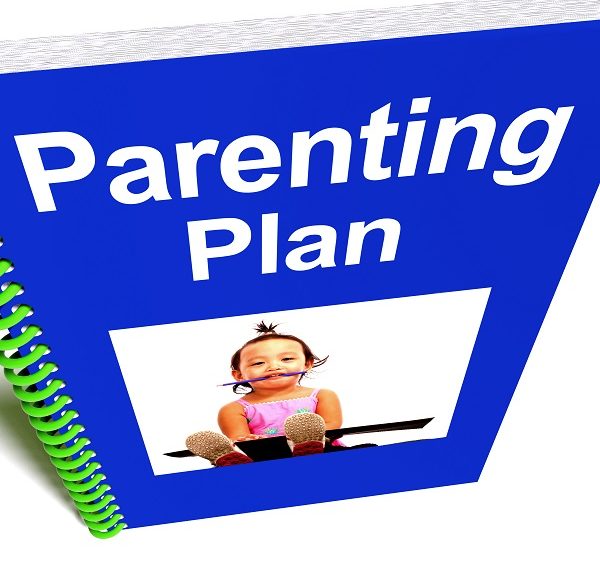
Most people know that establishing paternity relates to naming someone as a child’s legal parent. However, many people are less clear about why it is important to establish paternity, also known as parentage.
When a child’s mother is married at the time the child is conceived or born, the person to whom she is married is automatically presumed to be the other parent, unless the court finds otherwise based on evidence before it. This presumption also applies to certain couples in registered domestic partnerships, as well as to situations in which the second parent openly treated the child as his or her own.
However, if the mother is not married at the time the child is born, the child does not have a second legal parent. In these cases, California provides two simple ways to establish parentage: a formal declaration of paternity or a court order.
In either case, once someone is established as a child’s legal parent, he or she gains both rights and responsibilities relating to the child. Only after parentage is established may that parent exercise parental rights, such pursuing custody and visitation. Additionally, until parentage is established, a person cannot be held legally responsible to pay child support.
While custody, visitation, and child support are all important reasons to establish parentage, there are many others:
- The child’s right to inherit from the parent;
- The child’s right to certain benefits related to the parent, such as Social Security and veteran’s benefits;
- The child’s ability to access family medical records and history;
- The right to recover certain government-provided benefits on behalf of the child;
- The presence of the person’s name as a parent on the child’s birth certificate; and
- The child’s ability to recover as a health or life insurance beneficiary from the person.
In addition to these concrete benefits, California law recognizes that “knowing one’s father is important to a child’s development.”
Declaration of Paternity
The simplest way to establish parentage is through a declaration of paternity signed voluntarily by both parents. This is a state-created a form that has the same effect as a court order when it is filed with the California Department of Child Support Services. By law, birthing hospitals and prenatal clinics must provide a voluntary declaration of paternity to an unmarried mother. The declarations are also available for free “at all local child support agency offices, offices of local registrars of births and deaths, courts, and county welfare departments.”
A parent who signs a declaration of paternity waives several legal rights, such as the right to have a court decide the issue of paternity and the right to legal representation in paternity proceedings.
Court Order
A court order is the second way parentage may be established when a mother is unwed at conception or birth. Either parent may petition a court to establish parentage. For example, a mother may ask a court to enter an order establishing a biological father as her child’s legal father. After this is done, the mother can pursue child support from the father. Similarly, a biological father may ask a court to establish him as the father, after which he may pursue custody or visitation with the child.
Parentage is the basis for many rights and responsibilities under California law. If you are involved in a parentage dispute, you want an attorney with substantial experience in Northern California who will represent you aggressively. Please contact the Law Offices of Judy L. Burger at (415) 259-6636 to learn more.











